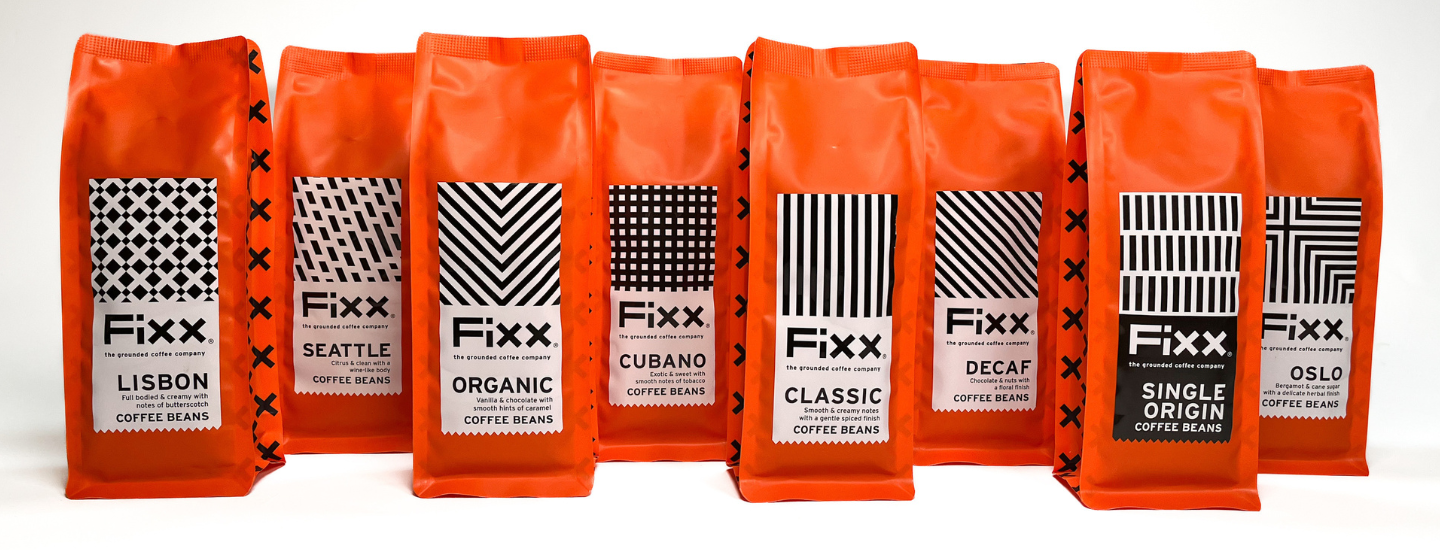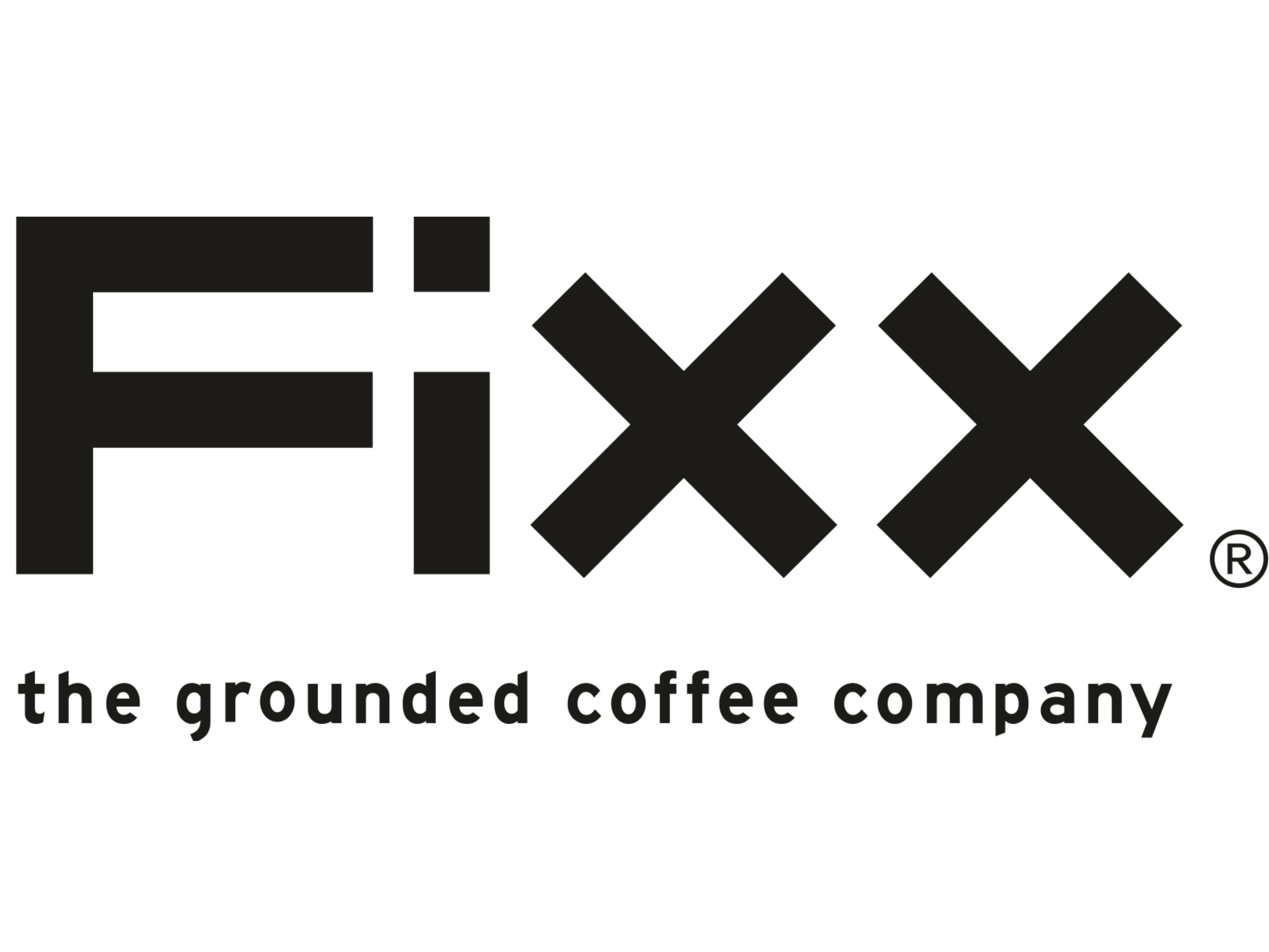

Hancock and Abberton Ltd - T/A FiXX Coffee

1.6
County Dublin, Ireland
October 2025
Beverages
Wholesale/Retail
Ireland
FiXX Coffee (est. 2004) works closely with our partners to source and create consistently superb coffee, making coffee an every day treat, all while keeping our supply chain ethical and our footprint responsible. Our culture champions teamwork, transparency, and responsible innovation—staying curious yet grounded in all that we do. We stay connected to our local community by supporting a variety of initiatives, and we give back to the wider coffee world through our support of World Coffee Research, which helps protect and improve coffee crops and the livelihoods of the families who grow them. As a B Corp, we follow the “Designed to Give” Impact Business Model—so giving and giving back isn’t just something we do now and then. It’s built into how we run our business and who we are at our core. Our award-winning coffees are available for business to business customers, such as independent cafes, restaurants, stores, or direct to consumers via our website to enjoy at work or at home.
Overall B Impact Score
Governance 16.5
Governance evaluates a company's overall mission, engagement around its social/environmental impact, ethics, and transparency. This section also evaluates the ability of a company to protect their mission and formally consider stakeholders in decision making through their corporate structure (e.g. benefit corporation) or corporate governing documents.
What is this? A company with an Impact Business Model is intentionally designed to create a specific positive outcome for one of its stakeholders - such as workers, community, environment, or customers.
Workers 27.1
Workers evaluates a company’s contributions to its employees’ financial security, health & safety, wellness, career development, and engagement & satisfaction. In addition, this section recognizes business models designed to benefit workers, such as companies that are at least 40% owned by non-executive employees and those that have workforce development programs to support individuals with barriers to employment.
Community 34.5
Community evaluates a company’s engagement with and impact on the communities in which it operates, hires from, and sources from. Topics include diversity, equity & inclusion, economic impact, civic engagement, charitable giving, and supply chain management. In addition, this section recognizes business models that are designed to address specific community-oriented problems, such as poverty alleviation through fair trade sourcing or distribution via microenterprises, producer cooperative models, locally focused economic development, and formal charitable giving commitments.
What is this? A company with an Impact Business Model is intentionally designed to create a specific positive outcome for one of its stakeholders - such as workers, community, environment, or customers.
Environment 20.9
Environment evaluates a company’s overall environmental management practices as well as its impact on the air, climate, water, land, and biodiversity. This includes the direct impact of a company’s operations and, when applicable its supply chain and distribution channels. This section also recognizes companies with environmentally innovative production processes and those that sell products or services that have a positive environmental impact. Some examples might include products and services that create renewable energy, reduce consumption or waste, conserve land or wildlife, provide less toxic alternatives to the market, or educate people about environmental problems.
Customers 4.0
Customers evaluates a company’s stewardship of its customers through the quality of its products and services, ethical marketing, data privacy and security, and feedback channels. In addition, this section recognizes products or services that are designed to address a particular social problem for or through its customers, such as health or educational products, arts & media products, serving underserved customers/clients, and services that improve the social impact of other businesses or organizations.